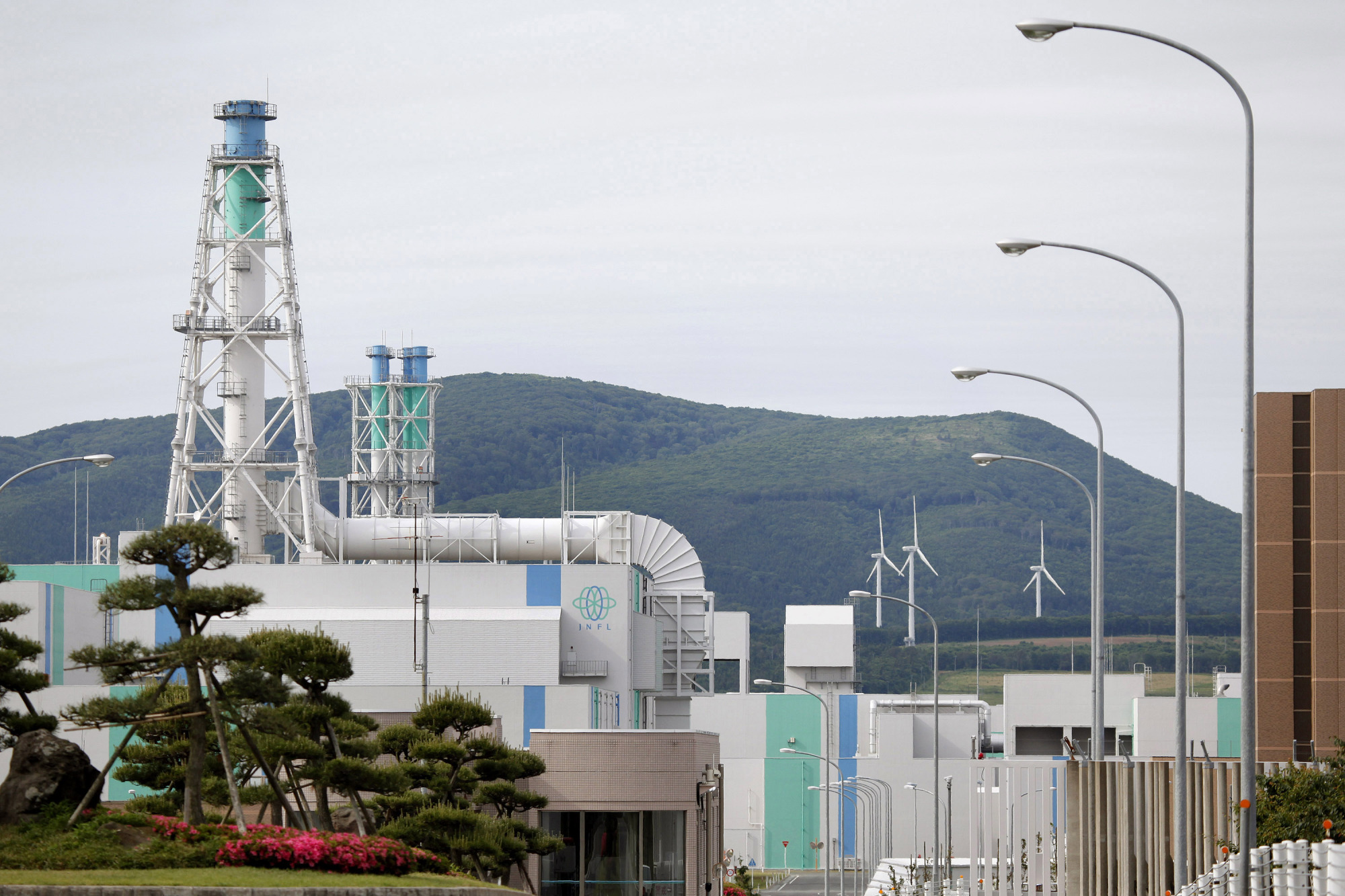You would think that by now, in discussing the future of Japan's plutonium stockpile, one fact would be incontrovertible: Commercial plutonium — often called reactor-grade plutonium — can be used as an effective nuclear explosive material in weapons. We are not talking about simple or primitive nuclear weapons, but modern weapons comparable in sophistication and performance to those held in the arsenals of the major nuclear powers.
Yet despite the availability of public information and repeated statements by knowledgeable officials, the advocates of commercial plutonium use as fuel still refuse to acknowledge the point. The respected Council for Nuclear Fuel Cycle (CNFC) prominently displays on its website an article that dismisses concerns expressed by nuclear experts over stockpiles of Japanese plutonium separated from power reactor fuel. The Tokyo-based CNFC specifically criticizes expert statements at meetings in Japan in 2015. As we were among those experts expressing concern at those meetings, we think it is important to explain why CNFC is wrong.
It is understandable that CNFC defends commercial use of plutonium. The organization believes that plutonium use is essential to long-term reliance on nuclear energy. It has been devoted for many years, in its own words, to "promotion of peaceful uses of plutonium." It has relied on the assumption that plutonium from Japan's nuclear power reactors — of the so-called light water reactor (LWR) type — cannot be used for bombs. The fact that it is now clear such plutonium is useful for bombs threatens the foundation of CNFC's thinking. It is difficult to convince the public that a plan to use many tons of nuclear explosives to fuel power plants is an entirely peaceful one when 1 ton could be used to produce over 100 nuclear warheads. The usability of reactor-grade plutonium for weapons thus threatens the whole nuclear fuel-cycle concept of CNFC. This includes not only extraction of plutonium by reprocessing and recycling it in LWRs, but also the planned use of plutonium from LWRs to fuel a future generation of fast breeder reactors — the ultimate goal of plutonium advocates.



















With your current subscription plan you can comment on stories. However, before writing your first comment, please create a display name in the Profile section of your subscriber account page.